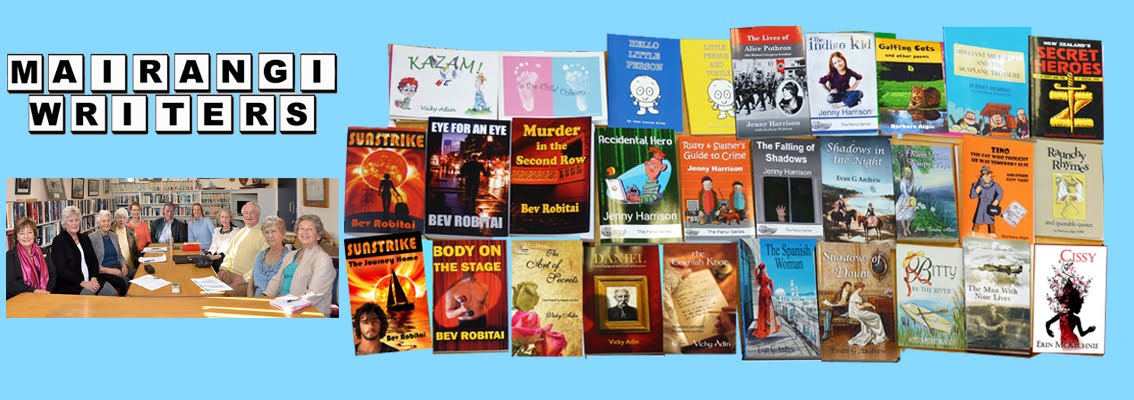I have read several articles about the use of ‘bad’ language recently and thought some of the points worth passing on; and acknowledge Nicholas Butler’s article in North and South February 2015.
Late last year Andrew Little, newly
elected leader of Labour, challenged the prime minister in parliament to ‘cut
the crap and apologise’ after it became apparent John Key had lied about his
association with blogger Cameron Slater.
The general public are accustomed to
politicians lying, but they are not accustomed to politicians swearing and
speaking so bluntly. Rather than provoking any criticism, Andrew Little’s
comments were repeated with relish by the media and he was admired for ‘saying
it like it is’.
There has been research in many areas
about the use and effectiveness of swearing. MRI’s have been used to measure
changes in blood flow, and hence brain activity as subjects were presented with
neutral, negative and arousing words. The scans indicated that emotionally
arousing words, like obscenities, travel via a different pathway to
non-emotional words, a pathway that starts in the amygdala deep in the ancient
limbic regions of our brain. Vulgar language activates our primal, emotional
brain, cutting out our more rational cortex. Our brain unconsciously registers
the depth of the speaker’s feeling, even if we reject their choice of
words. For that reason ‘cathartic
swearing’ (when hammer hits thumb) really does reduce the pain more than an
ordinary expression might.
Interestingly, although Maori has
contributed various words to our local vernacular, it hasn’t contributed any
common swear words. In fact Maori is one of the few languages reputed to have
no swear words, perhaps because early dictionaries were compiled by
missionaries. Some people believe the succinct ‘fuckwit’ is a home grown New
Zealand swear word but that is not certain. However, apparently the expression
‘shit oh dear’ with its combination of bluntness and understatement is
definitely Kiwi.
What constitutes swearing or offensive
language has changed. In the early 20th century, calling someone a
twerp was considered sufficiently offensive to warrant a prison sentence;
nowadays it is regarded so inoffensive as to be almost a term of endearment. I
grew up believing calling someone ‘a dirty, rotten, filthy, stinking miserable
so and so’ was as bad as it got, because that was the worst thing my father
ever said about bad drivers who cut in on us.
But if someone shouted that as we drove down Queen Street these days,
we’d probably giggle. In the 1960’s
permissiveness turned dirty words into good clean fun and as people cared less
and less about God, religious swearing lost its sting. Nowadays a new trend is
emerging. Racial and other derogatory epithets like ‘nigger’, ‘retard’ and
‘faggot’ are growing more offensive, and offensive to more people.
For many writers using bad language is
simply unacceptable. Swearing is still stigmatised; seen as a sign of lax
morals, lack of refinement, impoverished vocabulary. About the only thing
missing is the suggestion that swearing makes you fat. And yet people still let
rip and when it comes from an unexpected source as it did with Andrew Little,
the infectious informality finds plenty of support. Because swear words
communicate emotions in a way that normal language cannot.
Erin McKechnie

No comments:
Post a Comment